Teachers belong to a funny profession. It is a profession because we have very specific training, are certified, hold a license and participate in professional development. Yet, we are also fiercely independent. Possibly as a result of so many years of one room schoolhouses, teachers are expected to know what is best for their students and the best way to educate them. No matter what the school, the diocese or the state says, teachers know that once they close their classroom door, that class period is theirs to design and implement. And that has caused problems as society and its workplaces have changed with the advent of technology.
As a teacher, an administrator and a consultant, I have experienced well over 100 schools and one thing they all have in common is a faculty that uses wildly different methodologies. Not that it is bad to have a variety of approaches to education. Kids learn in different ways and will benefit from experiencing a variety of teaching techniques. What is bad, however, is when teachers use a methodology because they always have, what is sarcastically referred to as when a teacher has laminated the lesson plans.
As professionals, we should be learning about new ideas and best practices, as doctors, lawyers and other professionals do. But in too many cases, teachers don’t believe best practices change and continue to hold on to disproven techniques such as 100% lecture, rote memorization and homework more accurately described as busywork. When challenged, these teachers maintain that it has always worked in the past.
I’m thinking the COVID-19 crisis might change that. While some traditional teachers have resisted including technology into their methodology and have dismissed on-line learning as ineffective, we are currently working in an educational environment that is anything but traditional. In many cases, education during this crisis is 100% online. What does this portend for the future?
Certainly, school buildings will not go away. Educating our children is more than simply mastering facts and learning skills. There are social aspects that are essential to growing up. Creativity flourishes in a communal environment. But will the teacher remain as the Sage on the Stage? Will parents, and their children, demand a more modern approach to education, one that prepares their child for a technological world? In a more aspirational hope, will many of the traditional teachers now see the advantages of combining 21st century techniques into their 20th century lesson plans? How can things not change? My only curiosity is, what will school look like tomorrow?


